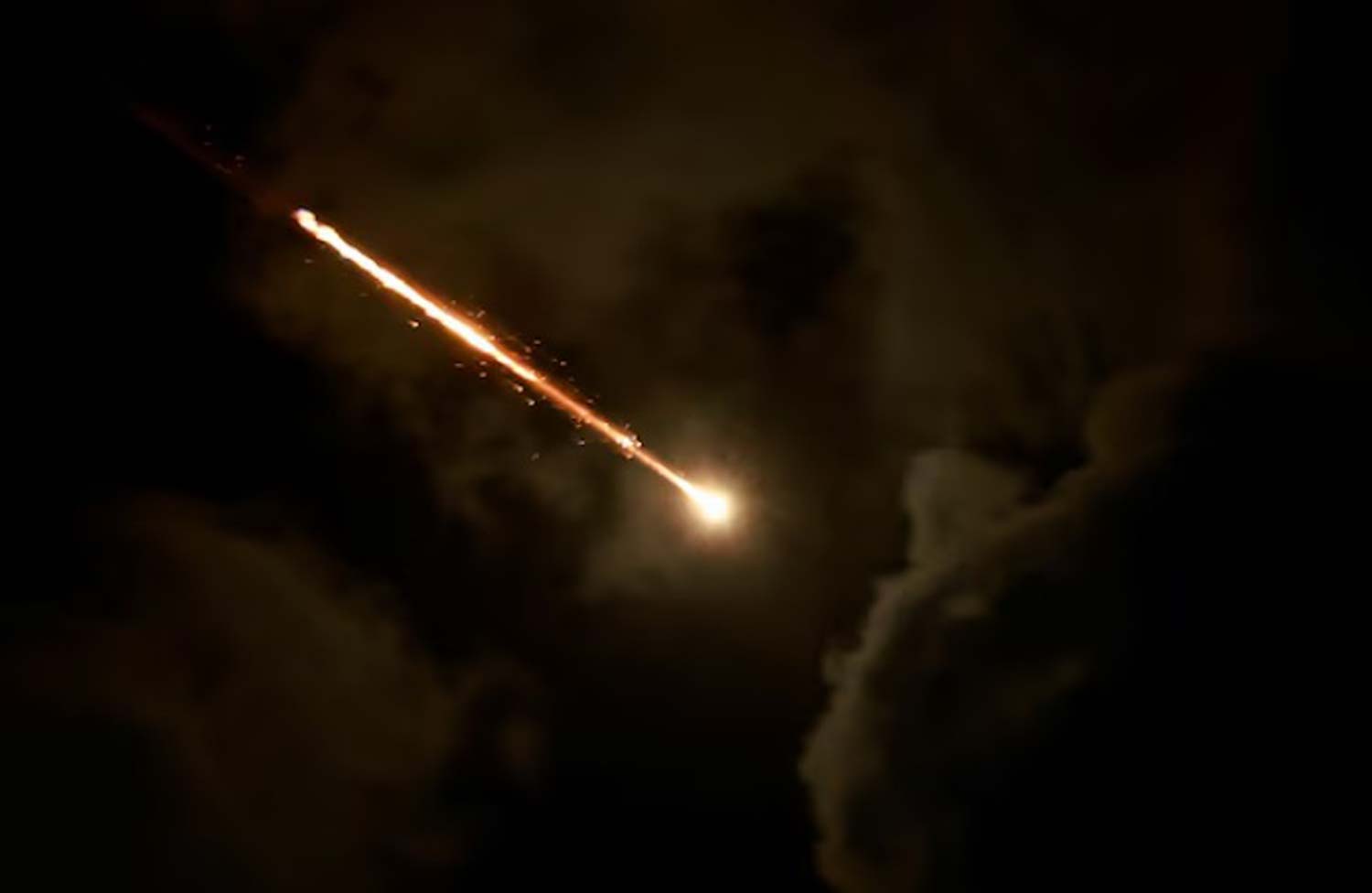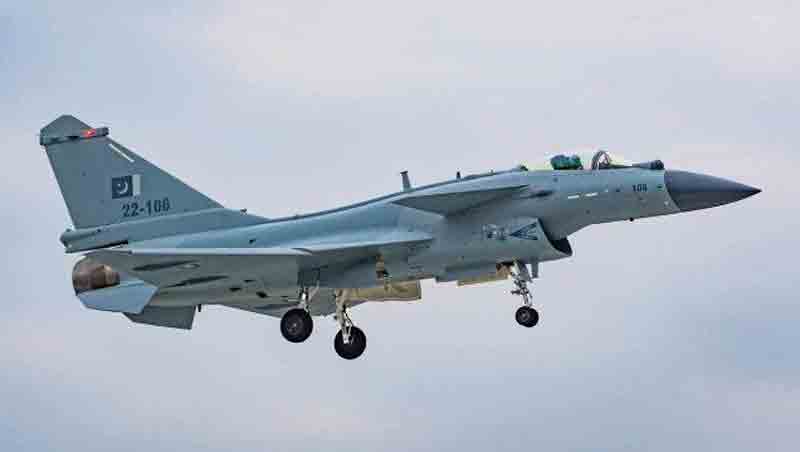The claim that Israel is likely to start another war with Iran before December 2025, as referenced in a Foreign Policy article, suggests a significant escalation in the long-standing tensions between the two nations. Below is a detailed analysis based on available information, including the context provided by the referenced Foreign Policy article and other sources, while critically examining the narrative and considering multiple perspectives.
Context and Background
The Israel-Iran rivalry has been characterized by decades of hostility, rooted in ideological differences, regional power struggles, and concerns over Iran’s nuclear program. Historically, this conflict has played out through proxy wars, cyberattacks, assassinations, and covert operations, often referred to as a “shadow war.” However this rivalry escalated into direct military confrontation in June 2025, with Israel launching “Operation Rising Lion” on June 13, 2025, targeting Iran’s nuclear and military infrastructure. Iran retaliated with missile and drone strikes, marking a shift from covert to overt warfare.
The Foreign Policy article argues that Israel is likely to initiate another military engagement with Iran before December 2025, potentially as early as late August. This claim is attributed to Trita Parsi, a noted analyst, and is based on Israel’s strategic calculations and the current geopolitical environment.
Details and Drivers of Potential Conflict
Several factors contribute to the likelihood of another Israel-Iran war before December 2025, as outlined below:
Israel’s Strategic Objectives:
- Nuclear Threat: Israel views Iran’s nuclear program as an existential threat. The June 2025 strikes targeted key nuclear facilities like Natanz, but the fortified Fordow site reportedly remains intact. Israel’s inability to neutralize Fordow without U.S. assistance (due to the need for specialized bunker-buster munitions like the GBU-57) may prompt further action if Israel perceives Iran is advancing toward nuclear weapons capability.
- Weakened Iranian Proxies: Israel’s recent military actions against Iran’s allies, such as Hezbollah in Lebanon and Hamas in Gaza, have weakened Iran’s regional influence. This creates a strategic window for Israel to press its advantage against Iran directly, especially if it believes Iran’s military capabilities are degraded.
- Regime Change Ambitions: Some analyses suggest Israel’s actions aim not only to halt Iran’s nuclear program but also to destabilize the Iranian regime, potentially leading to its collapse or a shift toward a more moderate government.
- Nuclear Threat: Israel views Iran’s nuclear program as an existential threat. The June 2025 strikes targeted key nuclear facilities like Natanz, but the fortified Fordow site reportedly remains intact. Israel’s inability to neutralize Fordow without U.S. assistance (due to the need for specialized bunker-buster munitions like the GBU-57) may prompt further action if Israel perceives Iran is advancing toward nuclear weapons capability.
Iran’s Response and Capabilities:
- Iran’s retaliation in June 2025, codenamed “Operation True Promise III,” involved launching over 150 ballistic missiles and 100 drones against Israel, causing civilian casualties and damage. Despite this, Iran’s air defenses and military infrastructure were significantly degraded, limiting its conventional response options.
- Iran retains asymmetric capabilities, including proxy militias (e.g., Houthis in Yemen, Iraqi militias) and potential cyberattacks or terrorism. However, its weakened proxies and lack of strong backing from allies like Russia and China may constrain its ability to escalate significantly.
- Some sources suggest Iran may consider accelerating its nuclear program as a deterrent, especially if it perceives an existential threat. This could provoke further Israeli strikes.
- Some sources suggest Iran may consider accelerating its nuclear program as a deterrent, especially if it perceives an existential threat. This could provoke further Israeli strikes.
U.S. Involvement and Political Dynamics:
- The U.S. has so far limited its role to defensive support, intercepting Iranian missiles and drones aimed at Israel, but has declined direct offensive involvement. However, Israel’s request for U.S. assistance to target Fordow could draw the U.S. deeper into the conflict if approved.
- Domestic U.S. politics complicates the situation. Polls indicate 60% of Americans oppose U.S. involvement in an Israel-Iran war, and there is significant bipartisan concern about escalation, with figures like Senator Rand Paul and Representative Thomas Massie opposing U.S. military engagement. The Trump administration faces pressure from its MAGA base to avoid another Middle East war, which could influence its stance.
Regional and Global Implications:
- Energy Markets: The conflict has already driven oil prices up by over 7%, with risks of further spikes if Iran disrupts the Strait of Hormuz or attacks Gulf energy infrastructure. Such actions could lead to global economic consequences, including a potential recession if oil prices reach $150 per barrel.
- Geopolitical Shifts: A weakened Iran could shift the regional balance of power toward Israel and its Gulf allies. However, a destabilized Iran risks internal unrest or a power vacuum, potentially fueling extremism or secessionist movements.
- China and Russia: Both powers have called for de-escalation but have provided limited material support to Iran. Their restrained response may embolden Israel and the U.S. to pursue aggressive strategies, as neither Russia (focused on Ukraine) nor China (lacking regional military projection) appears willing to counter directly.
Scenarios and Likelihood
- Energy Markets: The conflict has already driven oil prices up by over 7%, with risks of further spikes if Iran disrupts the Strait of Hormuz or attacks Gulf energy infrastructure. Such actions could lead to global economic consequences, including a potential recession if oil prices reach $150 per barrel.
The Foreign Policy article’s assertion aligns with several scenarios outlined in other analyses:Ongoing Israeli Bombardment (65% Likelihood):
- Israel continues targeted strikes to degrade Iran’s military and nuclear capabilities, with limited U.S. involvement beyond defensive support and equipment supply. This scenario assumes Israel achieves its objectives within weeks or months, potentially leading to an uneasy truce. Historical precedents include Israel’s 1981 strike on Iraq’s Osirak reactor and 2007 strike on Syria’s nuclear facility.
- This is the most likely scenario, as it aligns with Israel’s demonstrated air superiority and intelligence dominance, allowing it to sustain operations without triggering a broader war.
- Israel continues targeted strikes to degrade Iran’s military and nuclear capabilities, with limited U.S. involvement beyond defensive support and equipment supply. This scenario assumes Israel achieves its objectives within weeks or months, potentially leading to an uneasy truce. Historical precedents include Israel’s 1981 strike on Iraq’s Osirak reactor and 2007 strike on Syria’s nuclear facility.
Iranian Retaliation and Escalation (25% Likelihood):
- Iran escalates through proxy attacks, cyberattacks, or attempts to disrupt the Strait of Hormuz. This could unify its population against external aggression and force greater U.S. involvement, though Iran’s weakened state makes this riskier.
- Posts on X suggest Iran is planning a preemptive strike, which could precipitate another Israeli assault if credible threats emerge.
- Iran escalates through proxy attacks, cyberattacks, or attempts to disrupt the Strait of Hormuz. This could unify its population against external aggression and force greater U.S. involvement, though Iran’s weakened state makes this riskier.
Diplomatic Resolution (10% Likelihood):
- Iran capitulates, agreeing to dismantle its nuclear program and curb proxy activities in exchange for sanctions relief. However, this is unlikely due to the regime’s need to maintain domestic legitimacy and the U.S. and Israel’s reluctance to offer concessions to a weakened Iran.
- Iran capitulates, agreeing to dismantle its nuclear program and curb proxy activities in exchange for sanctions relief. However, this is unlikely due to the regime’s need to maintain domestic legitimacy and the U.S. and Israel’s reluctance to offer concessions to a weakened Iran.
Critical Analysis
While the Foreign Policy article suggests a high likelihood of conflict before December 2025, several factors warrant caution:- Timing and Triggers: The article’s claim of a potential war by late August or before December lacks specific triggers beyond Israel’s strategic window and Iran’s weakened state. Without clear evidence of an imminent Iranian threat (e.g., a nuclear breakout), Israel may face international backlash for initiating another unprovoked strike.
- U.S. Constraints: The Trump administration’s reluctance to engage directly, driven by domestic opposition and strategic commitments elsewhere (e.g., Ukraine, Indo-Pacific), may deter Israel from actions requiring U.S. support, such as targeting Fordow.
- Iran’s Calculations: Iran’s regime has historically prioritized survival over escalation. A suicidal escalation, such as closing the Strait of Hormuz, is unlikely unless the regime faces imminent collapse.
- Speculative Nature: The Foreign Policy claim, echoed on X, relies on speculative analysis rather than concrete evidence of planned Israeli operations. Posts on X also highlight conflicting narratives, with some suggesting Iran may preemptively strike, which could alter the dynamics.
- The timing of Israel’s June 2025 strikes, just before U.S.-Iran nuclear negotiations, suggests an intent to derail diplomacy, potentially increasing the likelihood of further Israeli action if diplomatic avenues remain closed.
Conclusion
The likelihood of another Israel-Iran war before December 2025, as suggested by Foreign Policy, is plausible but not certain. Israel’s strategic advantage, driven by its military superiority and Iran’s weakened proxies, creates an opportunity for further strikes, particularly if Iran’s nuclear program advances or if Israel perceives a chance to destabilize the regime.However, domestic U.S. opposition, Iran’s restrained response options, and the lack of strong international backing for Iran may limit escalation. The most probable scenario involves continued Israeli strikes with limited U.S. involvement, though the risk of miscalculation leading to broader conflict remains.
- The U.S. has so far limited its role to defensive support, intercepting Iranian missiles and drones aimed at Israel, but has declined direct offensive involvement. However, Israel’s request for U.S. assistance to target Fordow could draw the U.S. deeper into the conflict if approved.
Discover more from Defence Talks | Defense News Hub, Military Updates, Security Insights
Subscribe to get the latest posts sent to your email.





